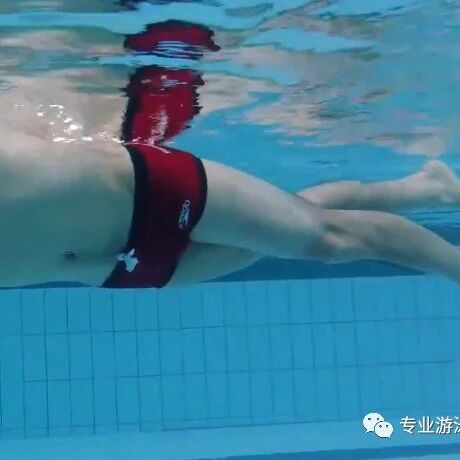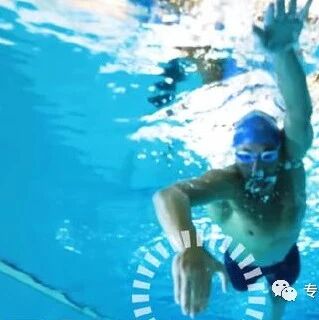Why is swimming important? People feel more satisfied with life after swimming.
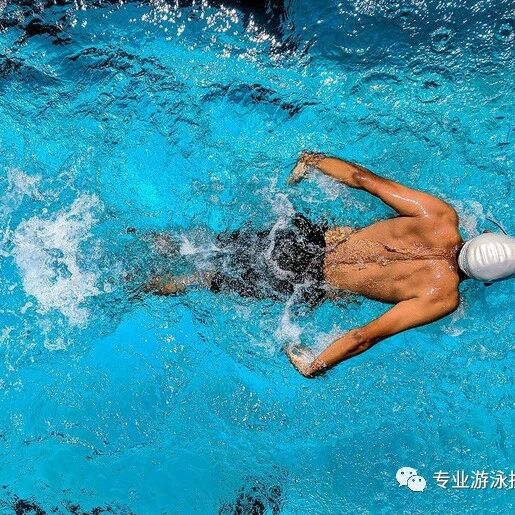
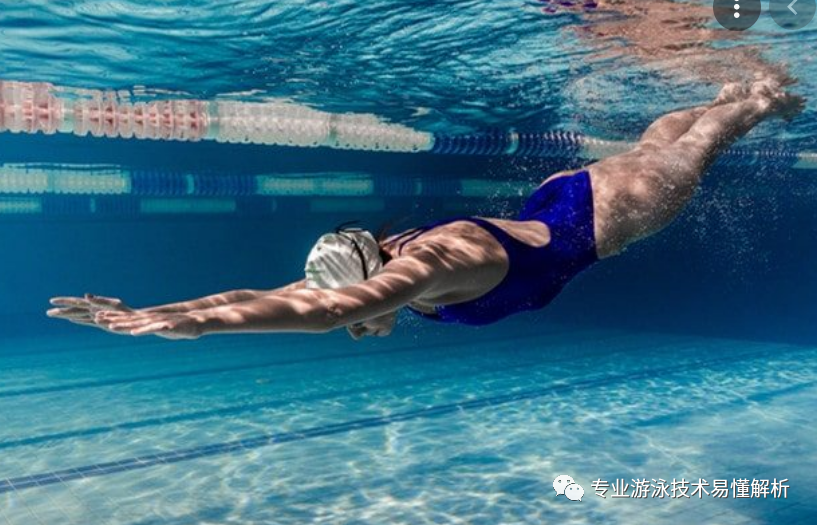
1. Swimming helps people face challenges with greater composure.
The process of learning to swim is one that transforms fear of water into comfort with it—and ultimately, a deep love for it. At first, learners worry about being too overweight or physically heavy, fearing they won’t be able to stay afloat. Then there’s the anxiety of panicking if they accidentally swallow water and struggle to regain their footing. Later on, many become terrified of venturing into deeper waters, afraid they won’t be able to find something to hold onto.
But viewed from another angle, learning to swim is also a journey of self-discovery: it’s the process by which swimmers go from having no confidence in their ability to control their own bodies to gradually building unwavering assurance—and eventually maintaining just the right amount of self-assurance. Along the way, they come to recognize the limits of human capability, learning humility in the process.
After all, when someone strikes the delicate balance between healthy self-confidence and genuine humility, they’re better equipped to approach life’s challenges with poise, resilience, and an unshakable sense of calm—qualities that serve them well in every situation.
Everyone goes through their own low points, during which it’s natural to feel down, questioning yourself and even growing frustrated with your surroundings. Yet, for those who truly love swimming, there’s always a way forward—they’ll discover what truly matters to them and the people who genuinely care. After all, the meaning of life lies in experiencing it fully. And isn’t it rare—and perhaps even rarest—to find genuine joy within yourself? Only those who’ve learned to delight in their own company can truly remain unfazed by external circumstances or personal ups and downs.
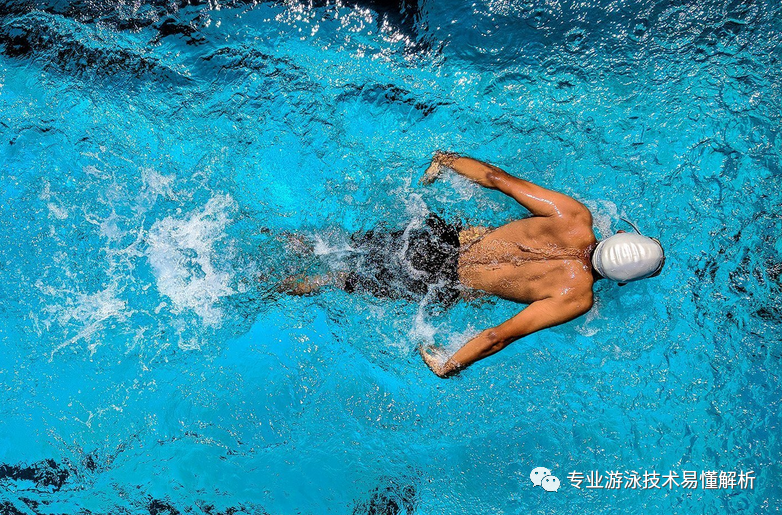
2. Swimmers foster unity and camaraderie.
Unlike other sports, the swimming circle doesn’t overlap much with members from running or ball-playing circles. In swimming, there’s rarely pure competition—instead, it’s more about mutual exchange, learning from one another to improve, and sharing the sheer joy of swimming. Plus, swimming itself naturally minimizes the chances of athletes in other sports accidentally disrupting each other during their activities. As a result, people rarely engage in petty arguments or debates over speed during those brief moments between laps. Overall, the atmosphere within the swimming circle remains incredibly positive, offering both a strong sense of community belonging and plenty of personal space for individuals to enjoy their own pace. And unlike some other sports circles, there’s never that uncomfortable “forced participation” dynamic.
Once swimming reaches a certain stage, many swimmers head outdoors—there’s something incredibly relaxing and beautiful about that carefree feeling of fully immersing yourself in nature! Just toss your clothes into a trusty dry bag, grab a wooden board for your dog to stand on, tie one end of the rope around your waist, and gently guide the board along as you paddle. That sense of harmony and connection with the natural world is something you’ll never find in an indoor pool.
But here’s the golden rule for outdoor swimming: "Never go alone!" After all, sharing the experience with friends—or even a group of like-minded individuals—is far more enjoyable. When swimming outdoors in small groups, some might bring snacks, others fire up a grill, and someone even grabs their guitar. For swimmers who’ve had this kind of experience, it naturally fosters a heightened awareness when navigating the hustle and bustle of urban life or commercialized environments—making it much easier to stay grounded and avoid unnecessary distractions.
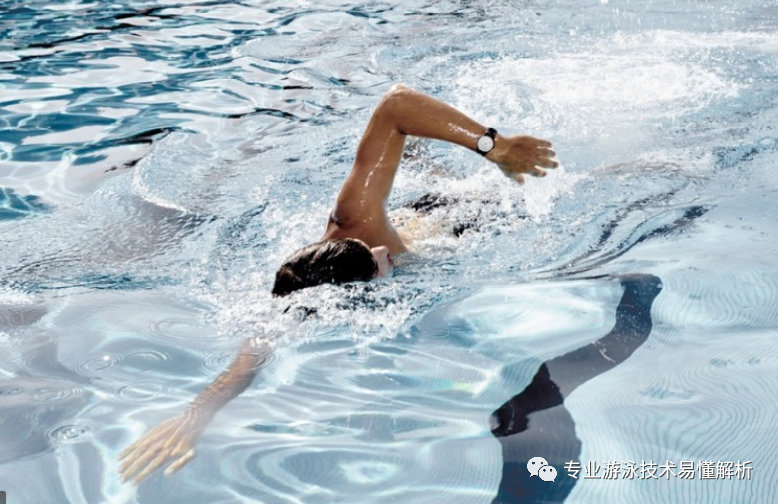
One WeChat official account shares swimming tips, while another focuses on software insights, online resources, and reading experiences.
Thank you for your supportive and encouraging likes, as well as the comments that spark meaningful conversations—and even more, we’d love to see those shares and retweets!
